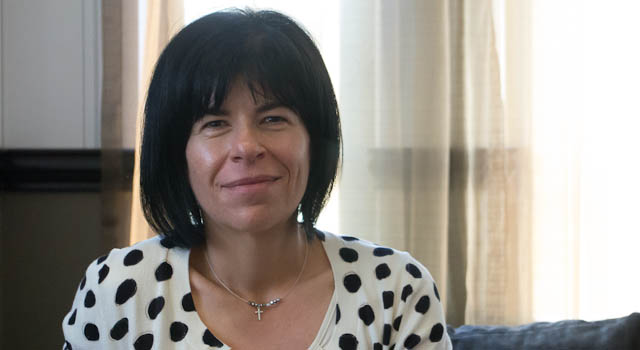
Although South Africa’s entertainment and media spending is expected to experience compound annual growth of 10,9% between now and 2017 — well above the global average of 5,6% — sales of physical books and music will remain flat at 0,4%, new research from PwC shows.
The numbers are contained in PwC’s latest annual “South African Entertainment and Media Outlook” report.
Vicki Myburgh, entertainment and media industries leader for PwC Southern Africa, says this is because consumers — particularly youngsters — are becoming increasingly comfortable with piracy and this is the price the music and publishing industries are paying “for not having agile enough business models early enough that would have given consumers what they wanted”.
Now in its fourth year, the PwC report forecasts advertising and consumer spending across the entertainment and media industry.
Although sales of physical music continue to stagnate, revenue from live music is growing and is expected to draw level with revenue from recorded music in 2015 and to overtake it thereafter.
“Digital growth won’t make up for physical decline and won’t grow as fast as other digital sub-sectors like books and magazines,” Myburgh says. She says that although filmed content has made the transition from physical to digital fairly well, the music industry has struggled to adapt.
By clinging to traditional models and attempting to stymie piracy, the music industry has had to watch revenues fall while consumers have found innovative new ways of acquiring and consuming content.
“Music has not made transition to digital well,” Myburgh says. “Physical sales are dropping sharply and digital sales haven’t replaced them in terms of revenue.”
Books, meanwhile, remain “largely unaffordable” according to Myburgh, at least in part because they continue to attract 14% VAT. Another obstacle to physical book sales is that most content is in English or Afrikaans.
Myburgh says consumers self-publishing e-books and musicians making their music available themselves online also point to the growing trend of democratising distribution, or more specifically, cutting out traditional distributors altogether.
“Content creators are cutting out distributors and opting for direct relationships with customers,” she explains. “Similarly, distributors are now creating their own content and going straight to consumers with it. Advertisers are also cutting out the traditional agency model and going directly to consumers.”
Nevertheless, quality content remains crucial and an increase in available content hasn’t made consumers any less discerning.
“Creators need to find out what people are willing to pay for and how to get it to them,” Myburgh says. This may include considering unconventional models like “bundled subscriptions” which some magazine publishers are trying.
“The distributors’ challenge is getting consumers the right content, at the right price, on the right platform, at the right time,” she says. “But there’s no doubt content is still king.” — (c) 2013 NewsCentral Media




